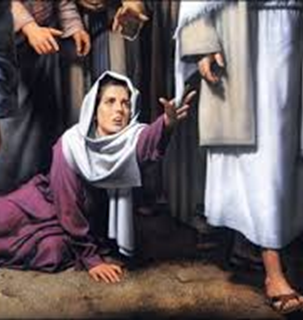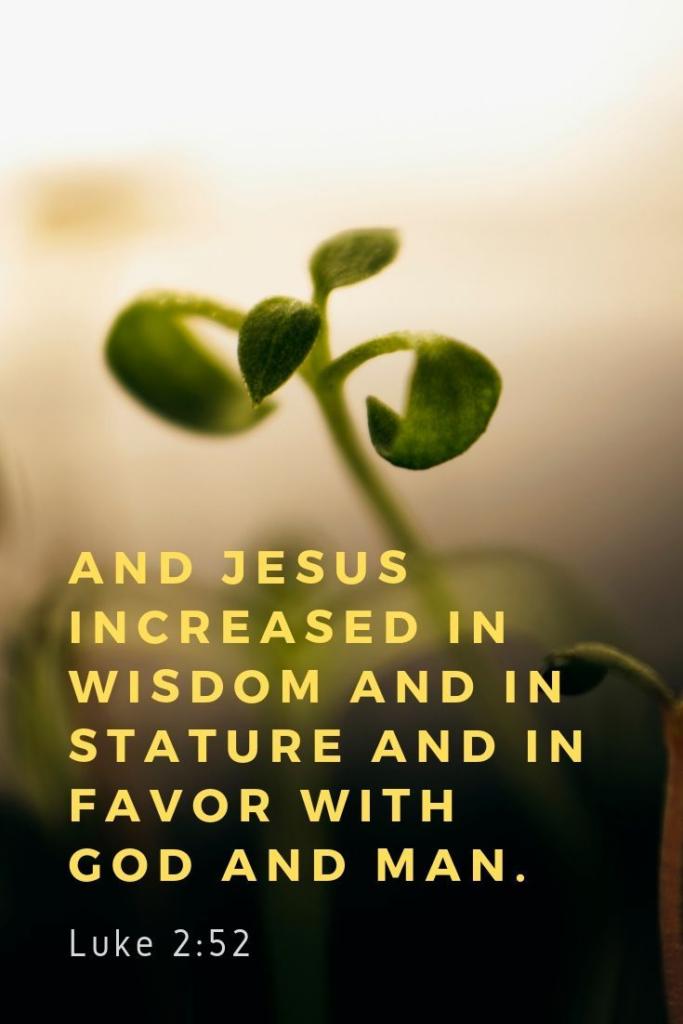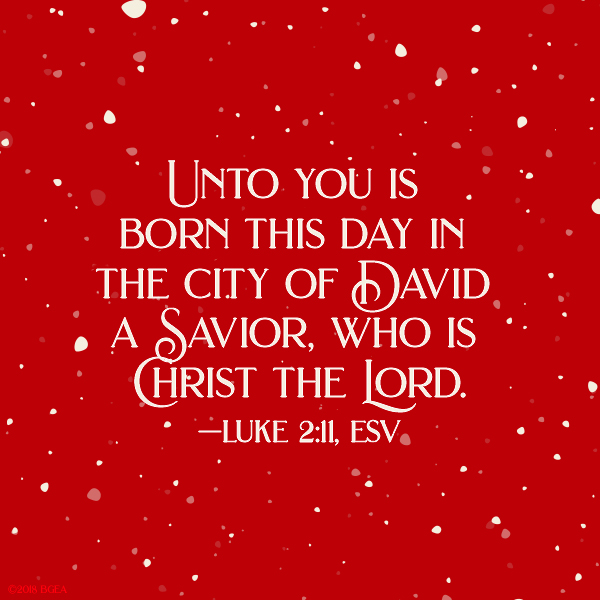The book of Exodus, continues the story of God’s sovereign control over all things, especially the plan to save His people, Israel. It begins in Exodus 1:1-2:10 with the people of Israel in slavery in Egypt, struggling under the weight of the burdens laid upon them by Pharaoh, whose evil designs were to bring the people of Israel to nothing. But God had a plan (as he always does) and through the faithful witness of the Hebrew midwives and an a young un-named couple, a baby named Moses entered the scene, destined to be the redeemer of God’s people.
Message
Outline
o A new series!
o Why bother studying Exodus?
o Themes we should know and love…
o Note the following matters …
- The fear inspired by the Pharaoh (1:1-14)
- The faith displayed by the midwives (1:15-22)
- The favour revealed by the Lord (2:1-10)
As long as life continues
…evil will persist
…God’s people are called to be faithful
…God can be trusted!









